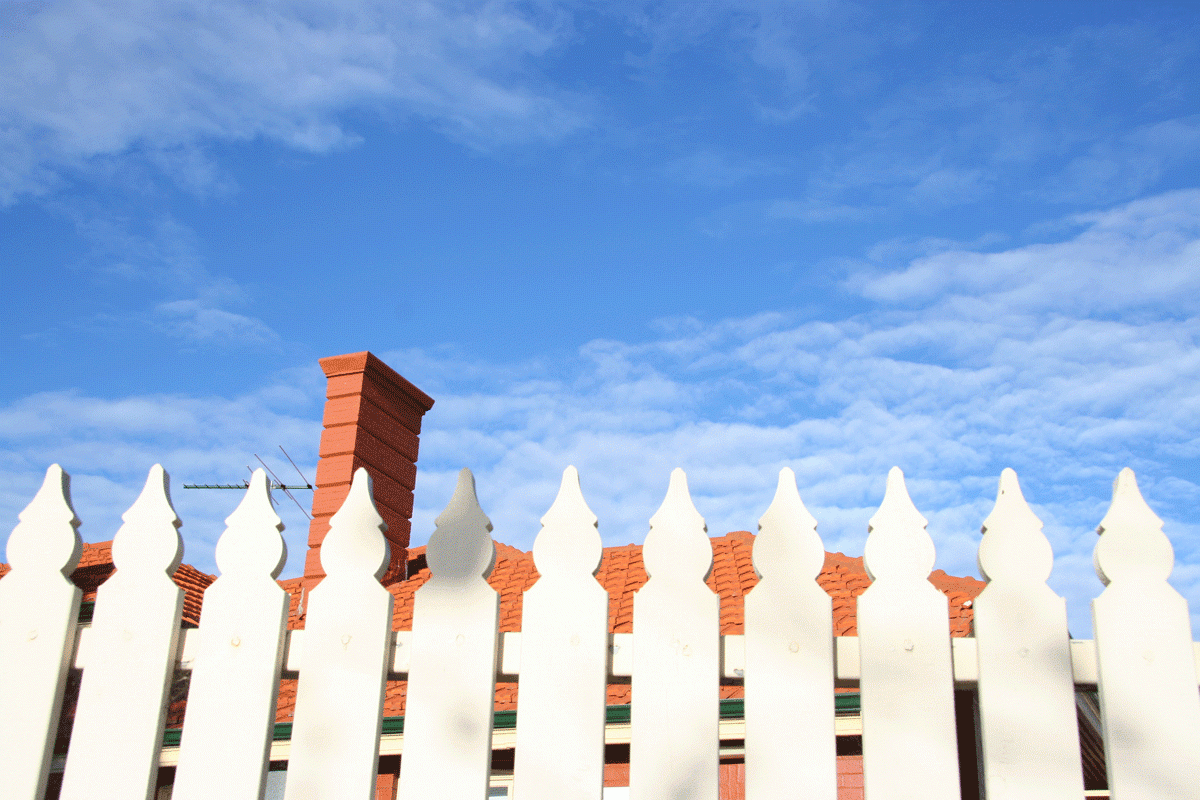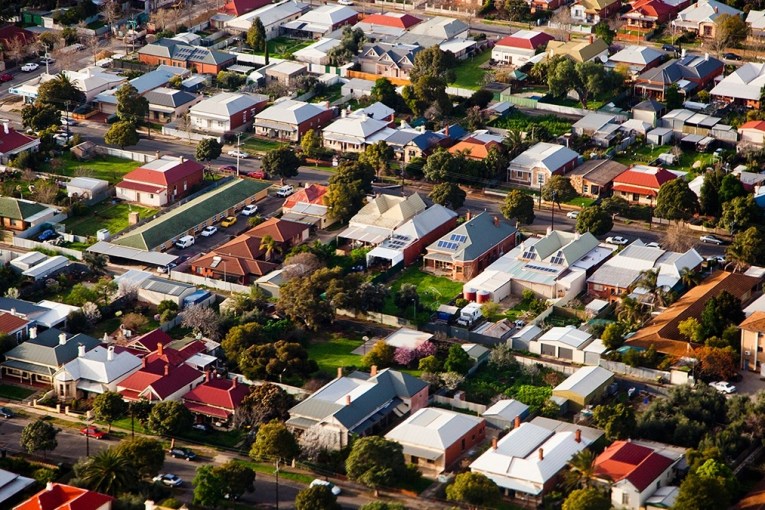Death of the great Australian dream? Housing affordability a top concern, poll finds


Home ownership is increasingly difficult to achieve and maintain. Photo: Getty
More and more Australians believe owning their own home is becoming further out of reach, as new polling shows housing affordability concerns are becoming more widespread.
Three out of four people now think that in a generation’s time only “the rich” will be able to afford the Australian dream: Buying a home in an area where they actually want to live.
Conducted by JWS Research, the polling showed overwhelming support for the idea that “everyday Australians” should be able to own their own home, with 71 per cent concerned those unable to get into home ownership would face “financial challenges in retirement“.

Gaining a foothold in the housing market is viewed as increasingly challenging, with 75 per cent saying that home ownership feels more difficult than 10 years ago, the poll of 1500 respondents revealed.
Housing affordability is a top concern for most Australians, second only to cost of living and ‘health and ageing’, and ahead of immigration, research commissioned by the Housing Industry Association found.

The results showed the “great Australian dream” of owning a home is “still embedded in the psyche of Australians”, HIA chief economist Tim Reardon said.
“With a federal election imminent, it is important to recognise that 71 per cent of people believe governments have an important role in helping Australians achieve their dream,” Mr Reardon said.
“The importance of home ownership to Australians couldn’t be clearer. Now more than ever, home ownership matters.”
The rise of renters
Renters are a growing cohort in Australia, now comprising approximately one-third of all households.
While 92 per cent of renters aspired to buy their own home, less than half (49 per cent) believed it would ever be possible, the poll found.
As renters’ ranks swell, the calls for more rights and representation have grown louder, with tenants unions across the country pushing for changes to laws weighted in favour of landlords.
Last year, a report by the nation’s peak affordable housing organisation National Shelter titled Disrupted: The consumer experience of renting in Australia found many renters were forced to put up with substandard living conditions, due to fear of eviction and rent rises.
A “lack of control” over their rental home, coupled with fears of being “kicked out if you raise issues around repairs”, are the key reasons why most renters aspire to home ownership, a Tenants Victoria spokeswoman told The New Daily.
“The reason people want to own a home is about agency. It’s not necessarily that they can’t wait to have a mortgage.
“It’s about being able to make your place your home, without being fearful.”
Home ownership falling fastest among young and poor
Home ownership rates, which have hovered about 70 per cent since the 1950s, are now falling among all age groups except for over 65s.
The sharpest falls have been seen among the young and poor, research by the Grattan Institute shows.
The share of 25-year-olds to 34-year-olds who own their home plunged from more than 60 per cent in 1981 to 45 per cent in 2016, the think-tank found.
The home ownership gap between high-income and low-income earners has also widened over the past decade.
“Home ownership now depends on income much more than in the past,” Grattan Institute research fellow Brendan Coates said.
Public concern about housing affordability has risen as home ownership rates have fallen, with government inaction largely to blame, a 2018 report by the institute said.
“Historically, governments have avoided the hard choices, preferring policies that merely appear to address the problem,” the report said.
Governments have failed to balance the needs of aspiring home owners struggling to break into the housing market with those of existing home owners, the report found.
Affordability pressures have now become so great that older generations “worry about whether their children and grandchildren will be able to buy a house”.
“Addressing housing affordability will inevitably lead to house prices and
rents growing more slowly than otherwise, or even falling,” the report said.
“But gradual change is desirable: A sharp fall in house prices would not only be politically very unpopular, it would probably cause economic upheaval and do more harm than good.”








